Mathematical reasoning Normal Numbers Worksheets
6 filtered results
-
From - To
Enhance your students' mathematical reasoning skills with our engaging Normal Numbers Worksheets! Designed to foster a deep understanding of numbers in various contexts, these worksheets provide an interactive approach to learning important math concepts. Perfect for early grade teachers, our carefully crafted activities encourage critical thinking and problem-solving abilities while ensuring children have fun. Each worksheet covers different aspects of normal numbers, allowing students to practice counting, comparing, and recognizing numerical relationships. Whether in the classroom or at home, these resources will support your students' journey towards mathematical proficiency. Explore our collection today and watch their confidence soar!
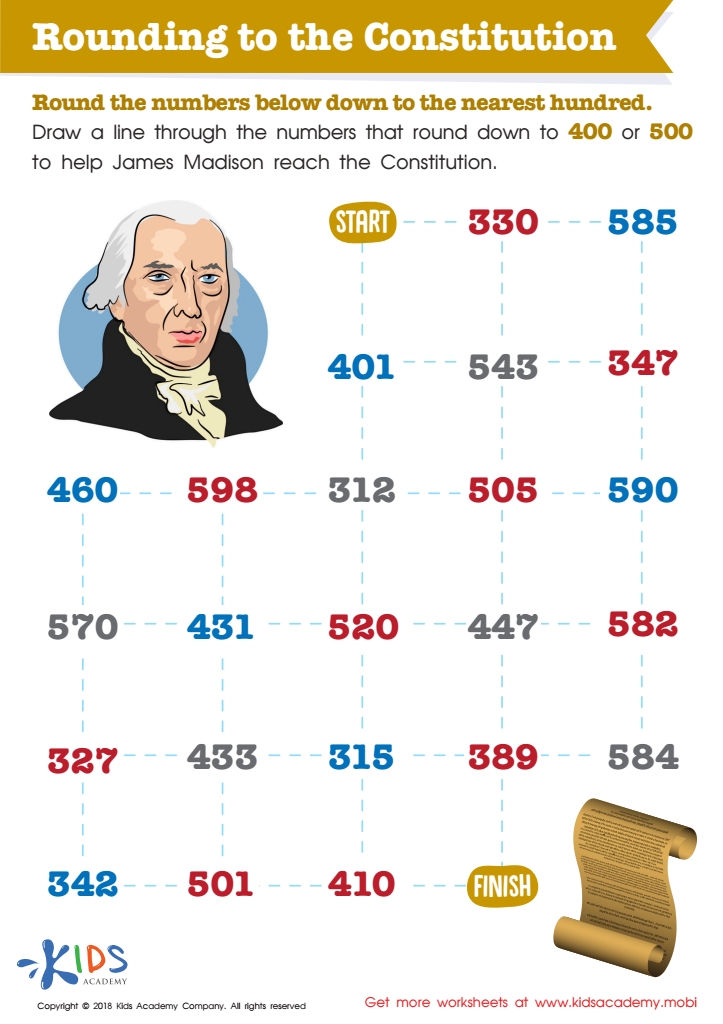

Rounding to the Constitution Worksheet
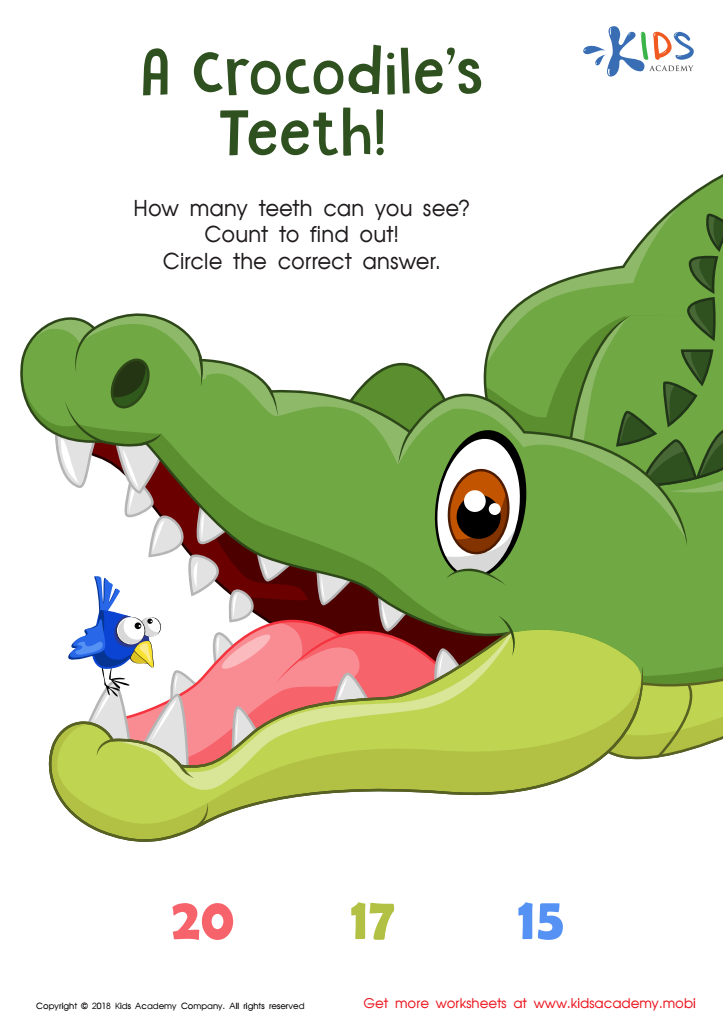

A Crocodile's Teeth Worksheet
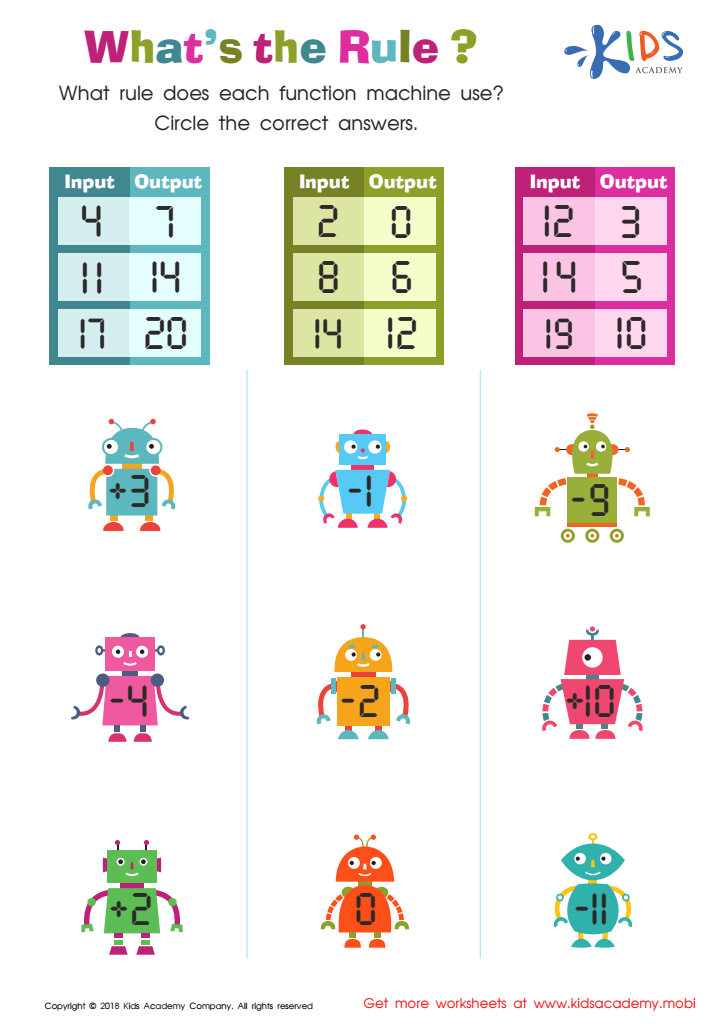

What's the Rule Worksheet
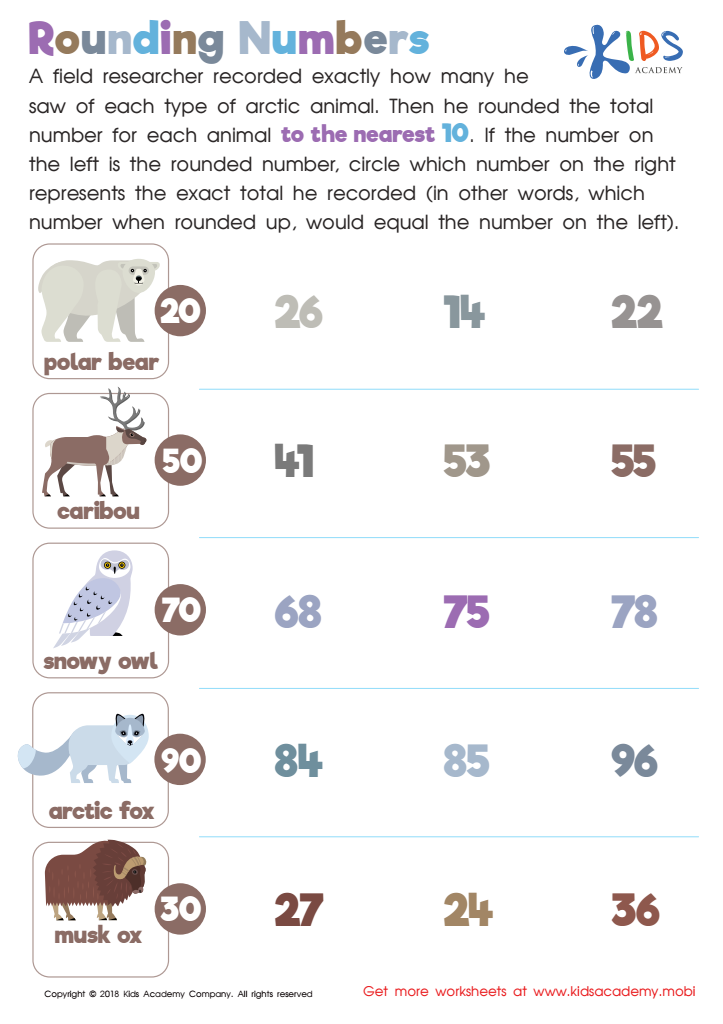

Rounding Numbers Worksheet
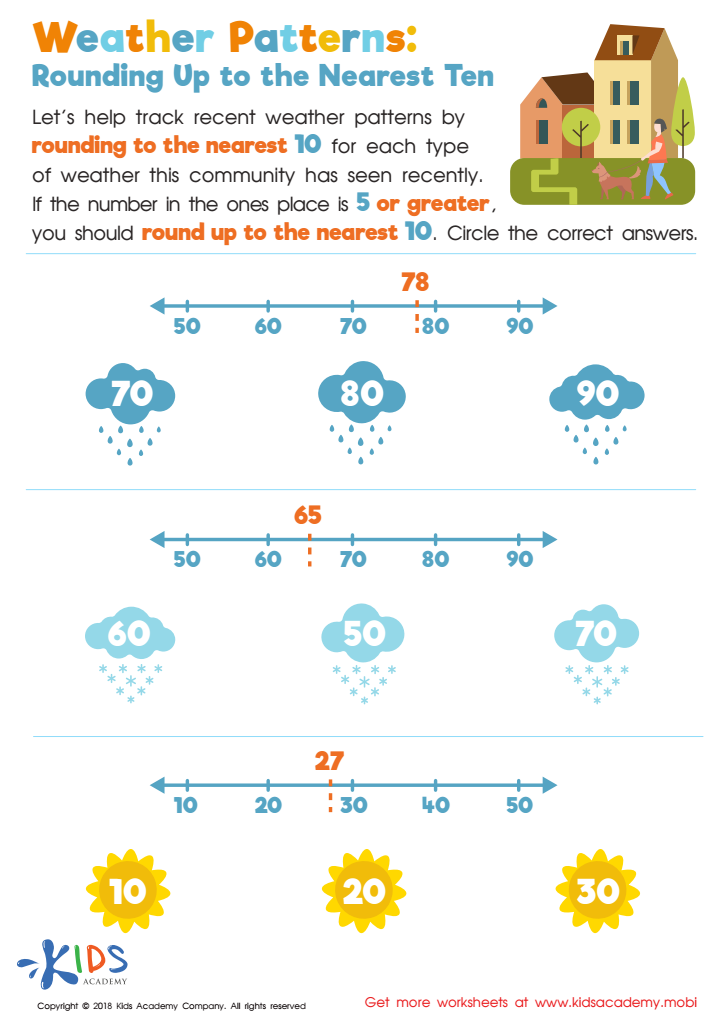

Weather Patterns Worksheet
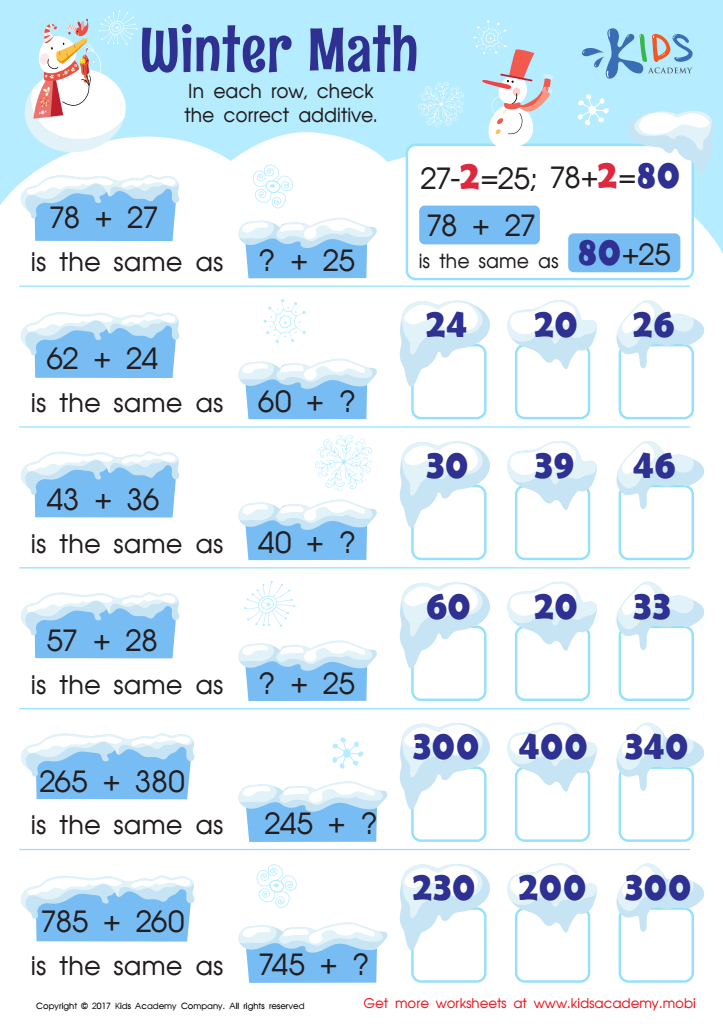

Free Addition Worksheet
Mathematical reasoning concerning normal numbers is crucial for parents and teachers as it frames fundamental concepts in mathematics that foster deeper understanding. Normal numbers are those where each digit from 0 to 9 appears with equal frequency in their decimal expansion, which underlines the principles of randomness and fairness in mathematics. Engaging students with the concept of normal numbers encourages critical thinking and logical reasoning, essential skills not only in math but across various disciplines.
Understanding normal numbers assists students in grasping fundamental ideas of probability, statistics, and analysis, which are foundational for advanced mathematical studies. Parents and teachers should care because building a solid foundation in mathematical reasoning at an early age promotes confidence and problem-solving abilities in children. Moreover, as technology permeates education, statistical literacy becomes increasingly vital, and knowing about normal numbers represents a step toward cultivating that numeracy.
Encouraging exploration of such concepts fosters curiosity and emphasizes the beauty of patterns in numeracy. By integrating discussions on normal numbers into the curriculum, educators can inspire students to appreciate the complexities of mathematics, ultimately igniting a love for the subject that can last a lifetime. Such understanding empowers both students and parents in shaping their future academic journeys.
 Assign to My Students
Assign to My Students





















